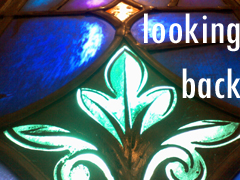 “FYI to Brands – Trust does drive sales. 10 mins of tweets will now lead me to try McD’s coffee. Simple example, but true.” @cc_chapman
“FYI to Brands – Trust does drive sales. 10 mins of tweets will now lead me to try McD’s coffee. Simple example, but true.” @cc_chapman
“The real point of the coffee conversation? Coffee is relational.” @jnswanson
“It unites us. Coffee can do that. What else can we talk about and be relational? @debworks
Some friends were talking about coffee, talking about what kind to drink, talking about how they like it fixed. It was, in a sense, pointless conversation. To anyone who doesn’t like coffee–or twitter (which is where the conversation was happening), there was little of value in this conversation.
Of course, as Deb pointed out from Iowa, it is a common denominator. It is a safer topic than religion and politics and the Red Sox/Yankees/Cubs. But I think it is something more than merely a safe topic. It is a topic which relates to a ritual with warm emotional attachments for many of us (pun partially intended). Many of us delight in the process of making coffee, of drinking it as we think, read, converse. A cup of coffee, for many people, symbolizes both contemplation and community.
I know that many of us also drink coffee for the perceived energy. It keeps us awake, alert, wired. In that, it is the antithesis of reflection. But such uses, if they were all coffee represented, would not be the source of a conversational culture.
Thanks for the conversation this morning, friends. And the relationship it both reflects and extends.











